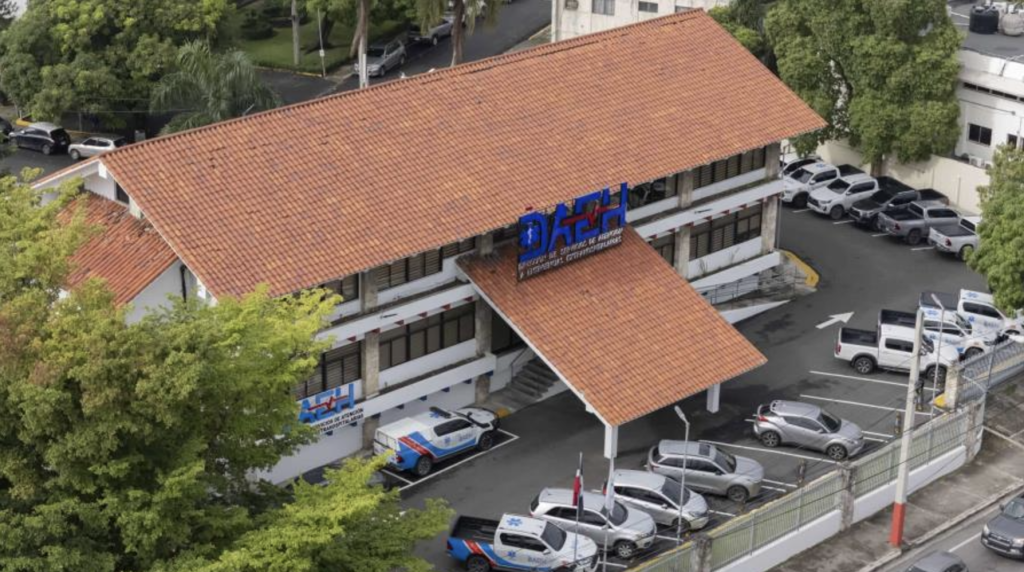
The media is focusing on how the Dominican governments incur in the practice of renting expensive properties for government agencies, benefiting a select few with very lucrative long-term rental contracts that while legal can fall into the category of wasteful spending. At a time when the government seeks more revenues to pay for essentials, the luxury rentals are in the spotlight.
Diario Libre reports that only in the past year, the Abinader administration has shelled out over RD$3.13 billion on property rentals in 2024, according to government data. This significant expenditure has sparked debate over the government’s preference for leasing rather than owning its buildings.
Between September 2023 and October 2024, the government signed 1,215 lease agreements, some extending as long as 30 years. These contracts, which primarily involve executive branch agencies, have cost taxpayers at least RD$1.64 billion, based on documents obtained by Diario Libre.
While the government’s 2024 budget allocates RD$4.82 billion for “rentals and leases of buildings and premises,” critics argue that these funds could be better used to purchase or construct government buildings.
Examples of rent contracts include:
The recent case of the Office of Government of Information and Communication Technology (OGTIC) has been at the center of this debate, leasing the Vista 311 Tower for a monthly fee of RD$10.7 million.
The Ministry of Industry, Commerce, and SMEs: Renews a long-term lease with the Banco de Reservas for its headquarters.
Indotel pays a monthly rent of RD$4.3 million for its facilities.
As reported in Diario Libre, economist Jaime Aristy Escuder questions the rationale behind these high rental costs, suggesting that the funds could be better invested in government-owned properties. Guillermo Caram, a former Central Bank governor, argues that the government’s heavy reliance on rentals undermines its authority and projects an image of a state that is “subordinate to instances of society that it should subordinate.”
Rafael Dickson, a doctor of administrative law, acknowledges that leasing can be a viable option if negotiated effectively. However, he emphasizes the importance of transparency and fair pricing. He also proposes public-private partnerships as an alternative, where the private sector invests in the property and the government leases it over a long period.
Alicia Ortega dedicated an El Informe report to look into the questionable rental contracts carried out by the OGTIC and the Passports Agency.
Follow the story:
Diario Libre
El Informe con Alicia Ortega
18 November 2024

